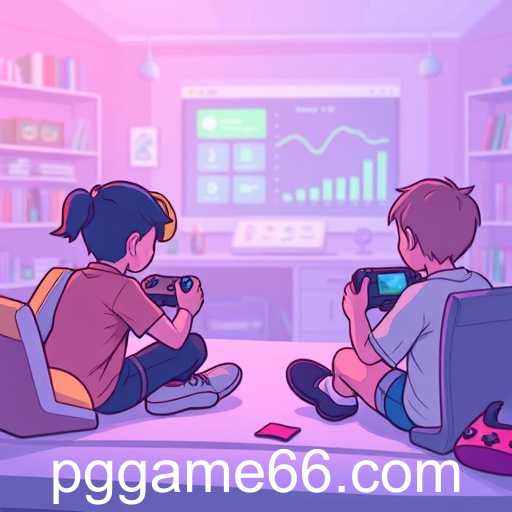As we delve deeper into 2025, the landscape of online gaming is undergoing significant changes, with 'PG game' becoming a prevalent term among enthusiastic gamers and cautious parents alike. The continued evolution of gaming technology has led to the emergence of a new breed of games that are designed to be engaging for a broad spectrum of audiences while maintaining family-friendly content.
The concept of PG games, once limited to mere age ratings, has transformed into a genre of its own, beloved for its inclusivity and wide appeal. These games have become a significant part of the rapidly expanding online gaming platforms, offering a plethora of options that cater to children, teenagers, and adults looking for entertainment that avoids excessive violence or mature themes.
During this time, gaming companies have recognized the lucrative potential of such games, leading to increased investment in both development and marketing efforts. This shift has also been facilitated by advancements in streaming technology and cloud gaming, enabling seamless access to high-quality games on various devices. As Internet infrastructure continues to improve globally, the reach and impact of PG games are becoming more pronounced.
Key trends surrounding PG games include narrative-driven adventures, puzzle games, and educational experiences that double as entertainment. As parents grow more concerned about screen time and its impacts, these games have emerged as a compromise, striking a balance between fun and pedagogical value.
Moreover, these games are increasingly being used as tools within educational settings. Many educators have embraced gamification as a means to enhance learning, utilizing the interactive nature of games to engage students in a dynamic and stimulating environment. This trend is reshaping classrooms and raising new discussions about traditional versus novel learning methodologies.
As we navigate through 2025, the role of PG games will likely continue to expand, influencing digital culture, entertainment norms, and even educational paradigms. It is a space to watch, particularly as society grapples with the implications of technology on future generations.
Developers and stakeholders in the gaming industry must remain vigilant, ensuring that these games maintain their integrity and educational value, while also adapting to the changing demands of modern entertainment. The future of PG games stands on the brink of innovation and promise, reflecting broader societal shifts towards more balanced digital consumption.








